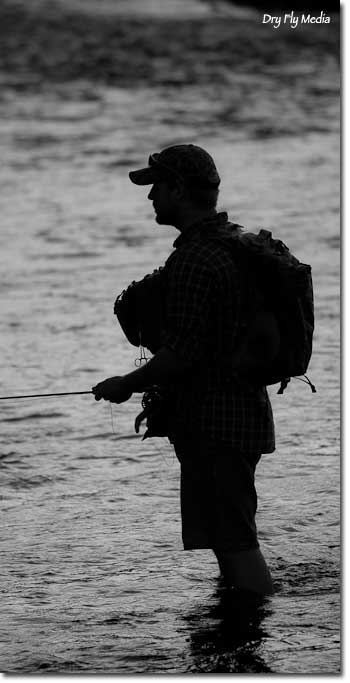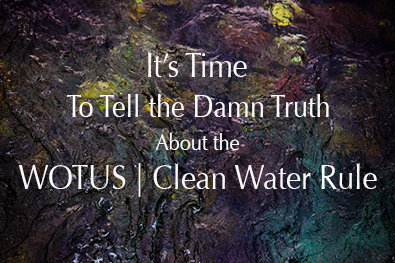No man ever steps in the same river twice, for it’s not the same river and he’s not the same man – Heraclitus
 This quote floated across my twitter feed a couple of days ago and immediately transported me to what I still picture in my mind’s eye as home water – the upper reaches of the Gallatin and her tributaries in the far northwestern reaches of the Park.
This quote floated across my twitter feed a couple of days ago and immediately transported me to what I still picture in my mind’s eye as home water – the upper reaches of the Gallatin and her tributaries in the far northwestern reaches of the Park.
Experiencing a startling burst of curiosity and being unfamiliar with Heraclitus, quick research revealed information which proved he was a fly fisherman (and probably a dry fly fisherman):
Born in the sixth century BCE, Heraclitus was an Ephesian, who, by all accounts, was not a terribly social creature. Diogenes Laertius reports that Heraclitus refused to participate in public life in Ephesus, heaping scorn on his fellow citizens and the city’s constitution; he eventually “became a hater of mankind” (misanthropesas), and withdrew from Ephesus, wandering in the mountains and eating grass and other plants…
…Fittingly, Hippolytus describes him as follows, “But Heraclitus, a natural philosopher of Ephesus, surrendered himself to universal grief, condemning the ignorance of the entire of life, and of all men; nay, commiserating the (very) existence of mortals, for he asserted that he himself knew everything, whereas the rest of mankind nothing” (Refut. 5).
(source: Crandall University Course pages)
Yep, he does sound like a few fishers we’ve known over the years – reclusive, misanthropic and likely a megalomaniacal wise-ass.
As much as those traits might remind you of your brother in law, Heraclitus was right on the money when he plunked that mug of ale on the bench and uttered the quote above.
Most likely, coming off one of those time-bending, fish on every-other-cast days on a local Ephesian stream, our philosopher had drug someone back to that same stretch of productive water a day or two later only to be stung by the bitter agony (for megalomaniacs everywhere) of a long, fishless day.
We’ve all been there.
But that’s part of why I fish – it’s really not the same river, even from one day to the next.
Some days you can do no wrong on the water. Other days you have to slow down, innovate and pay better attention to what’s happening around you. Think more like a fish.
Some of the best days on the water happen when you fail up front and then step outside the box.

